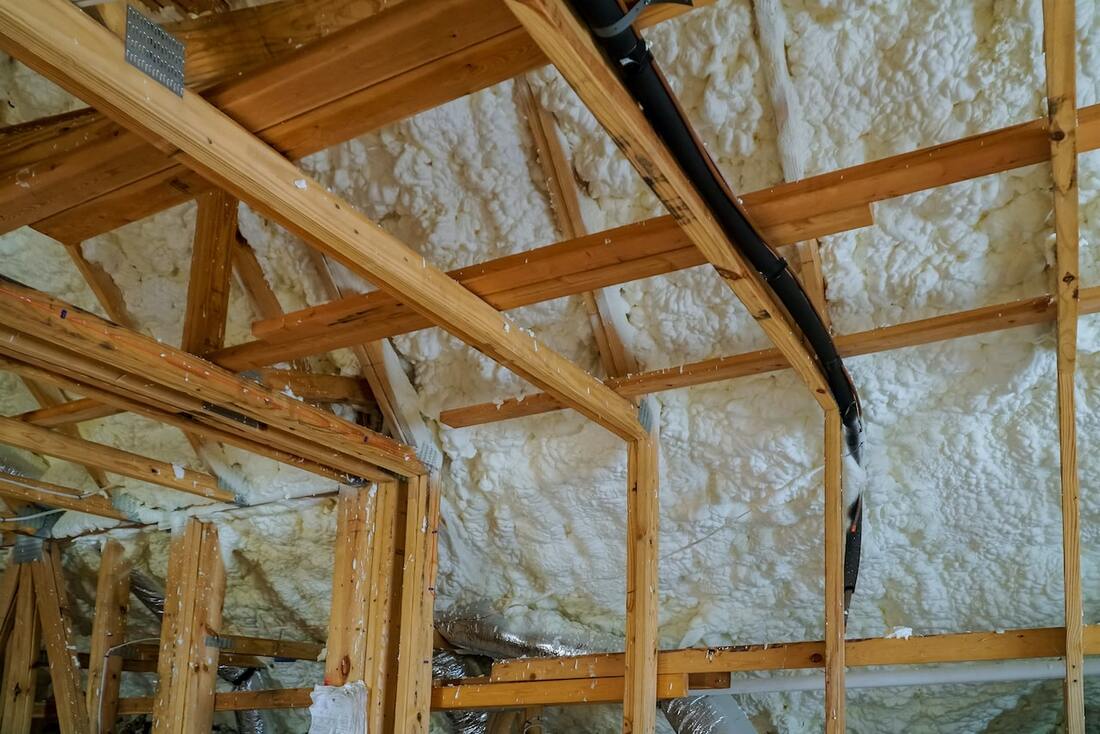In today’s ever-evolving world, innovations in plumbing have made significant strides in water management, emphasizing efficiency, sustainability, and convenience. These innovations are not only reshaping the way we use water but also addressing critical issues like water conservation, cost reduction, and overall environmental impact. Here, we explore some of the latest developments in Sakowich Plumbing that are transforming the way we manage water.
1. Smart Water Meters:
One of the most significant advancements in water management is the introduction of smart water meters. These devices provide real-time data on water usage, allowing consumers to monitor and adjust their consumption. Smart meters not only help households and businesses save money by identifying leaks or excess usage but also allow water utilities to optimize distribution and reduce wastage.
2. Water-Conserving Fixtures:
Plumbers at Sakowich Plumbingand manufacturers are now embracing water-conserving fixtures, such as low-flow toilets, faucets, and showerheads. These fixtures significantly reduce water usage without compromising performance. With advancements in design and technology, these fixtures have become more efficient, allowing consumers to enjoy water savings without sacrificing comfort.

3. Greywater Systems:
Greywater systems recycle and treat wastewater from sinks, showers, and washing machines, making it suitable for non-potable uses like irrigation or toilet flushing. This innovation not only reduces water consumption but also minimizes the strain on sewage systems. By reusing water within the home, homeowners can lower their utility bills and contribute to water conservation efforts.
4. Leak Detection Technologies:
Water leaks can be costly and environmentally harmful. Innovations in leak detection technologies use sensors and smart algorithms to identify even the smallest leaks. By catching leaks early, homeowners can save money and reduce water wastage, preventing potential property damage.
5. Digital Water Management Systems:
Digital water management systems are emerging as powerful tools for commercial and industrial facilities. These systems provide real-time monitoring, automation, and predictive analytics to optimize water usage, detect issues, and improve overall efficiency. By leveraging data and technology, businesses can make informed decisions to reduce water consumption and operating costs.
6. Green Infrastructure:
Green plumbing practices involve using eco-friendly materials, rainwater harvesting, and implementing sustainable designs. This approach contributes to reduced water demand, energy savings, and enhanced stormwater management. Green infrastructure not only benefits the environment but also enhances property value.
7. Water Quality Testing:
Advanced water quality testing tools and services are becoming more accessible to consumers. These allow homeowners to monitor and maintain the purity of their drinking water. As concerns about water contamination grow, having the ability to test and ensure water quality is crucial for health and safety.















